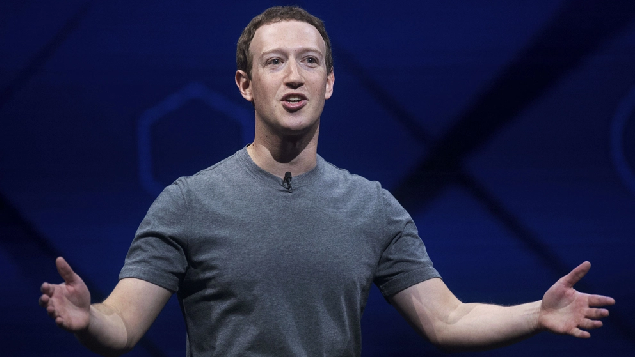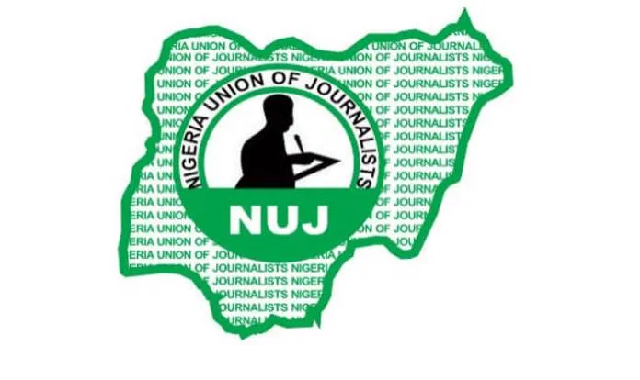Facebook chief Mark Zuckerberg said late Tuesday that the leading social network and other internet firms are in an arms race to defend democracy.
Zuckerberg’s Washington Post op-ed came on the eve of hearings during which lawmakers are expected to grill top executives from Facebook and Twitter.
Google’s potential participation is unclear.
The hearings come with online firms facing intense scrutiny for allowing the propagation of misinformation and hate speech, and amid allegations of political bias from the president and his allies.
“Companies such as Facebook face sophisticated, well-funded adversaries who are getting smarter over time, too,” Zuckerberg said in an op-ed piece outlining progress being made on the front by the leading social network.
“It’s an arms race, and it will take the combined forces of the US private and public sectors to protect America’s democracy from outside interference.”
After days of vitriol from President Donald Trump, big Silicon Valley firms face lawmakers with a chance to burnish their image — or face a fresh bashing.
Twitter chief executive Jack Dorsey and Facebook chief operating officer Sheryl Sandberg were set to appear at a Senate Intelligence Committee hearing on Wednesday.
Lawmakers were seeking a top executive from Google or its parent Alphabet, but it remained unclear if the search giant would be represented.
Sources familiar with the matter said Google offered chief legal officer Kent Walker, who the company said is most knowledgeable on foreign interference, but that senators had asked for the participation of CEO Sundar Pichai or Alphabet CEO Larry Page.
Dorsey testifies later in the day at a hearing of the House Energy and Commerce Committee on online “transparency and accountability.”
The tech giants are likely to face a cool reception at best from members of Congress, said Roslyn Layton, an American Enterprise Institute visiting scholar specializing in telecom and internet issues.
“The Democrats are upset about the spread of misinformation in the 2016 election, and the Republicans over the perception of bias,” Layton said.
“They are equally angry, but for different reasons.”
Kathleen Hall Jamieson, a University of Pennsylvania professor and author of an upcoming book on Russia’s role in election hacking, said the hearings could give the companies a platform to explain how they operate.
“Hearings are an opportunity as well as a liability,” she said.
“These companies have put in place fixes (on foreign manipulation) but they have done it incrementally, and they have not communicated that to a national audience.”











